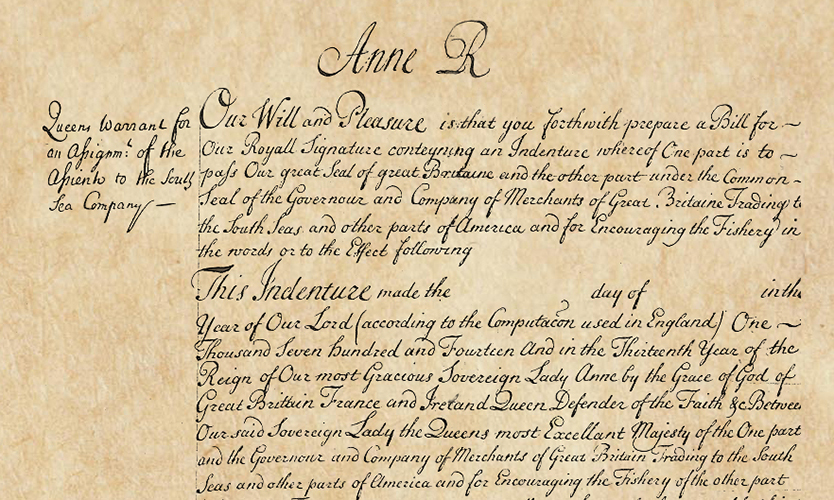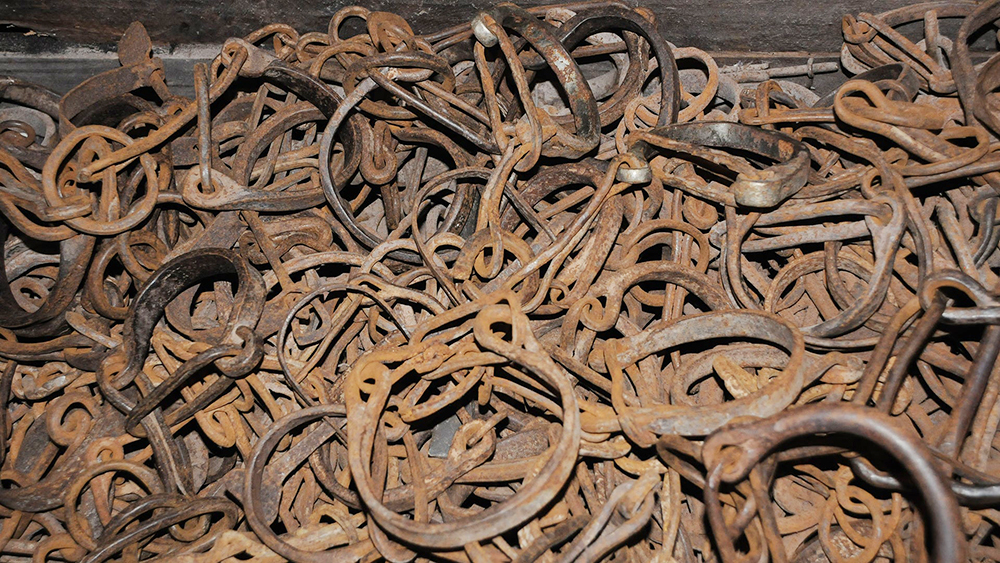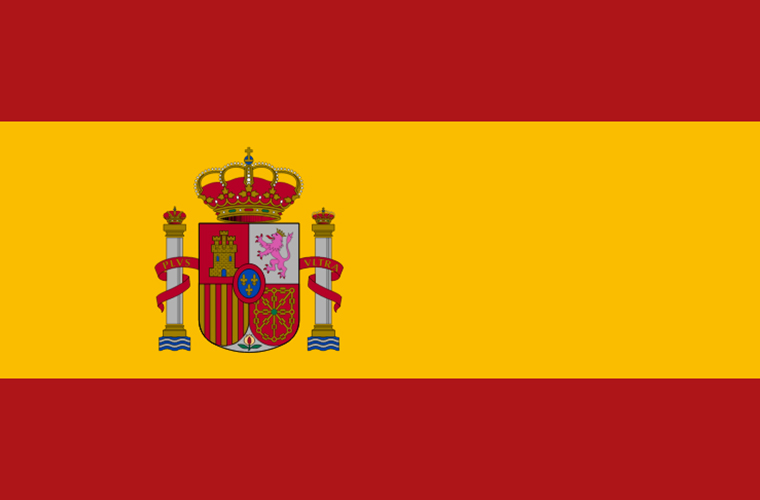Spain played a significant role in the Transatlantic slave trade, which involved the forced transportation of African slaves across the Atlantic Ocean to the Americas from the 16th to the 19th centuries. While Spain was not the primary initiator of the slave trade, it became heavily involved as its colonial empire expanded in the Americas.
During the early stages of European exploration and colonization of the Americas, Spain established colonies in present-day Latin America and the Caribbean. These colonies required a significant labor force to exploit the resources and develop agricultural plantations, such as sugar, tobacco, and indigo. To meet this demand, Spain turned to the African slave trade.

Spanish ships were involved in capturing and transporting African slaves to the Americas. They participated in the triangular trade, which involved European manufactured goods being exchanged for African slaves, who were then transported to the Americas and traded for raw materials like sugar, tobacco, and precious metals. The ships returned to Europe with these valuable commodities.
The Spanish crown enacted laws and regulations to regulate the slave trade. The Crown granted licenses, known as asientos, to individuals or companies allowing them to engage in the slave trade. These asientos provided exclusive rights to transport slaves to Spanish colonies and ensured that the Crown received a portion of the profits.

One significant aspect of Spain’s involvement in the slave trade was its role in the formation of the transatlantic slave trade routes. The Spanish were among the first Europeans to explore and colonize the Americas, establishing trade networks and routes that would later be utilized by other European powers involved in the slave trade. Furthermore, Spain’s colonies in the Caribbean, such as Cuba and Puerto Rico, became major centers for the transshipment of enslaved Africans. Slaves were brought to these colonies before being distributed to other parts of the Spanish American empire.
It’s important to note that Spain abolished the slave trade earlier than some other European powers. In 1817, Spain abolished the slave trade in its empire, although it was not until 1886 that slavery itself was fully abolished in its colonies. Overall, while Spain was not the primary initiator of the Transatlantic slave trade, it played a significant role in terms of transporting slaves to its colonies in the Americas and establishing trade networks that facilitated the exchange of enslaved Africans and goods.

